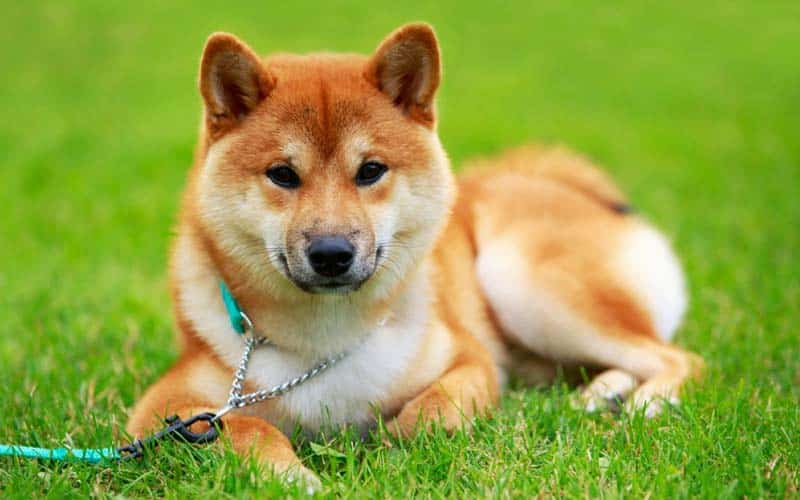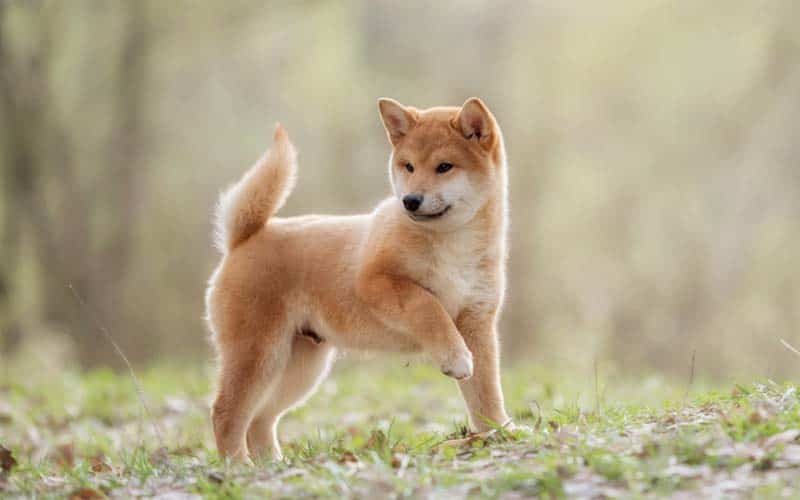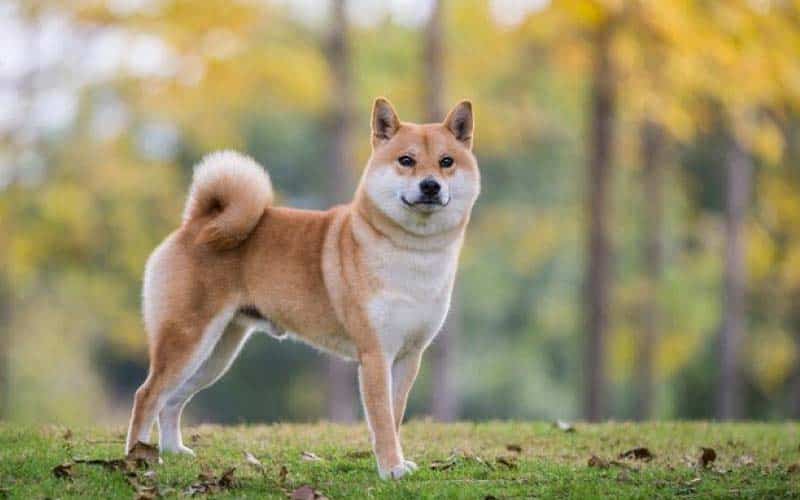Shiba Inu dogs are a beloved breed, known for their unique personalities, intelligence, and stunning appearance. Originally bred for hunting, Shiba Inus have become popular pets in recent years due to their loyalty and affectionate nature. Whether you’re considering adopting a Shiba Inu or you’re simply interested in learning more about this fascinating breed, here are some facts and information to help you get started.

1. History
Shiba Inu dogs are one of the oldest dog breeds in Japan and have been around for over 3,000 years. They were originally bred for hunting small game, such as birds and rabbits, and were also used for tracking larger prey, such as boar and bear. In the early 20th century, the breed faced near-extinction due to disease and World War II, but a few dedicated breeders were able to revive the breed.
2. Appearance
Shiba Inus are a small to medium-sized breed, typically weighing between 17 and 23 pounds and standing around 14 to 16 inches tall at the shoulder. They have a thick double coat that can be red, black and tan, or sesame in color, and they have a distinctive fox-like appearance with pointed ears and a curled tail.
3. Temperament
Shiba Inus are known for their independent and strong-willed personalities, but they are also loyal and affectionate with their owners. They are intelligent and alert, making them great watchdogs, but they can also be stubborn and difficult to train. Early socialization and training is important to ensure a well-behaved and well-adjusted Shiba Inu.

4. Health
Shiba Inus are generally healthy dogs, but like all breeds, they are susceptible to certain health issues. Some of the most common health problems for this breed include allergies, hip dysplasia, and eye problems. Regular veterinary check-ups, a healthy diet, and regular exercise can help prevent or manage these issues.
5. Exercise and Training
Shiba Inus are an active breed that require daily exercise and mental stimulation to keep them happy and healthy. They are known for their high energy and love of play, so daily walks and interactive toys are recommended. Shiba Inus can be stubborn and difficult to train, but positive reinforcement techniques and early socialization can help ensure a well-behaved dog.
6. Grooming
Shiba Inus have a thick double coat that requires regular grooming to prevent matting and shedding. They shed heavily twice a year, so frequent brushing during these times is important. Shiba Inus also require regular nail trimming, ear cleaning, and dental care to maintain their overall health and hygiene.

Conclusion
Shiba Inus are a fascinating and beloved breed with a rich history and unique personality. They require early socialization, regular exercise, and consistent training to thrive as pets, but their loyalty and affection make them wonderful companions. If you’re considering adopting a Shiba Inu, be prepared for a strong-willed and energetic dog that will steal your heart.